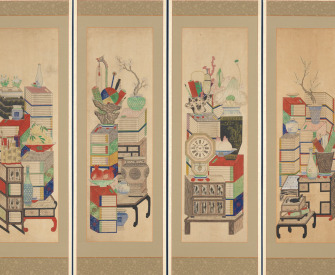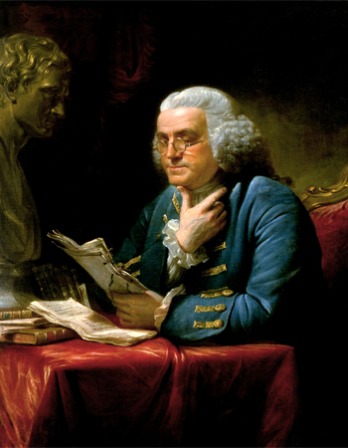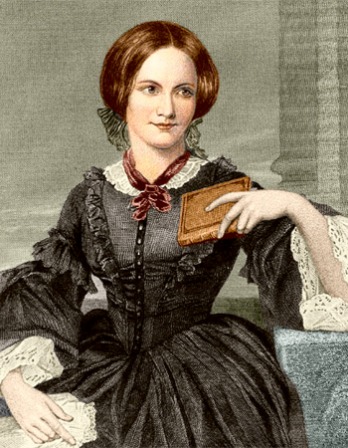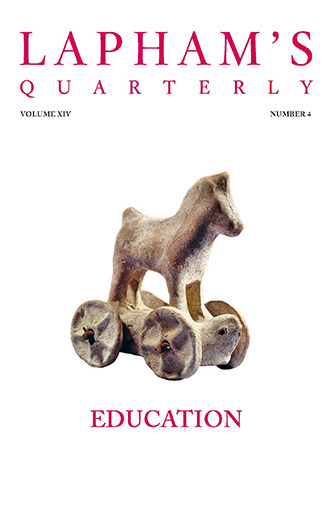August 29
I take my hospital duty in the morning. I am so glad to be a hospital nurse once more. I had excuses enough, but at heart I felt a coward and a skulker. Something inside of me kept calling out, “Go, you shabby creature; you can’t bear to see what those fine fellows have to bear.”
I have excellent servants; no matter for their shortcomings behind my back. They are so kind, attentive, and quiet. They must know what is at hand if Sherman is not hindered from coming here—“Freedom! My masters!” But these sphinxes give no sign, unless it be increased diligence and absolute silence.
September 2
The battle has been raging at Atlanta, and our fate hanging in the balance. Atlanta, indeed, is gone. Well, that agony is over. Like David, when the child was dead, I will get up from my knees, will wash my face and comb my hair. No hope; we will try to have no fear.
At the Prestons’ I found them drawn up in line of battle every moment looking for the doctor on his way to Richmond. Now, to drown thought, for our day is done, read Dumas’ Maîtres d’armes. Russia ought to sympathize with us. We are not as barbarous as this, even if Mrs. Stowe’s word be taken. Brutal men with unlimited power are the same all over the world. See Russell’s India—Bull Run Russell’s. They say General Morgan has been killed. We are hard as stones; we sit unmoved and hear any bad news chance may bring. Are we stupefied?
September 19
My pink silk dress I have sold for $600, to be paid for in installments, $200 a month for three months. And I sell my eggs and butter from home for $200 a month. Does it not sound well—$400 a month regularly. But in what? In Confederate money. Hélas!
September 21
Went with Mrs. Rhett to hear Dr. Palmer. I did not know before how utterly hopeless was our situation. This man is so eloquent, it was hard to listen and not give way. Despair was his word, and martyrdom. He offered us nothing more in this world than the martyr’s crown. He is not for slavery, he says; he is for freedom, and the freedom to govern our own country as we see fit. He is against foreign interference in our state matters. That is what Mr. Palmer went to war for, it appears. Every day shows that slavery is doomed the world over; for that he thanked God. He spoke of our agony, and then came the cry, “Help us, O God! Vain is the help of man.” And so we came away shaken to the depths.
The end has come. No doubt of the fact. Our army has so moved as to uncover Macon and Augusta. We are going to be wiped off the face of the earth. What is there to prevent Sherman taking General Lee in the rear? We have but two armies, and Sherman is between them now.
September 24
These stories of our defeats in the valley fall like blows upon a dead body. Since Atlanta fell I have felt as if all were dead within me forever. Captain Ogden, of General Chesnut’s staff, dined here today. Had ever a brigadier, with little or no brigade, so magnificent a staff? The reserves, as somebody said, have been secured only by robbing the cradle and the grave—the men too old, the boys too young. Isaac Hayne, Edward Barnwell, Bacon, Ogden, Richardson, Miles are the picked men of the agreeable world.
From her diary. The daughter of a South Carolina governor, the author married James Chesnut, the son of a wealthy landowner, in 1840, when she was seventeen. Her husband’s election to the U.S. Senate in 1858 brought the family to Washington, DC, where they became acquaintances of Jefferson Davis; they returned to South Carolina after Lincoln’s election. Mary’s account of the Confederacy during the Civil War spans February 1861 to July 1865. “This diary is an extraordinary document,” wrote literary critic Edmund Wilson a century later, “in its informal department, a masterpiece.”
Back to Issue




